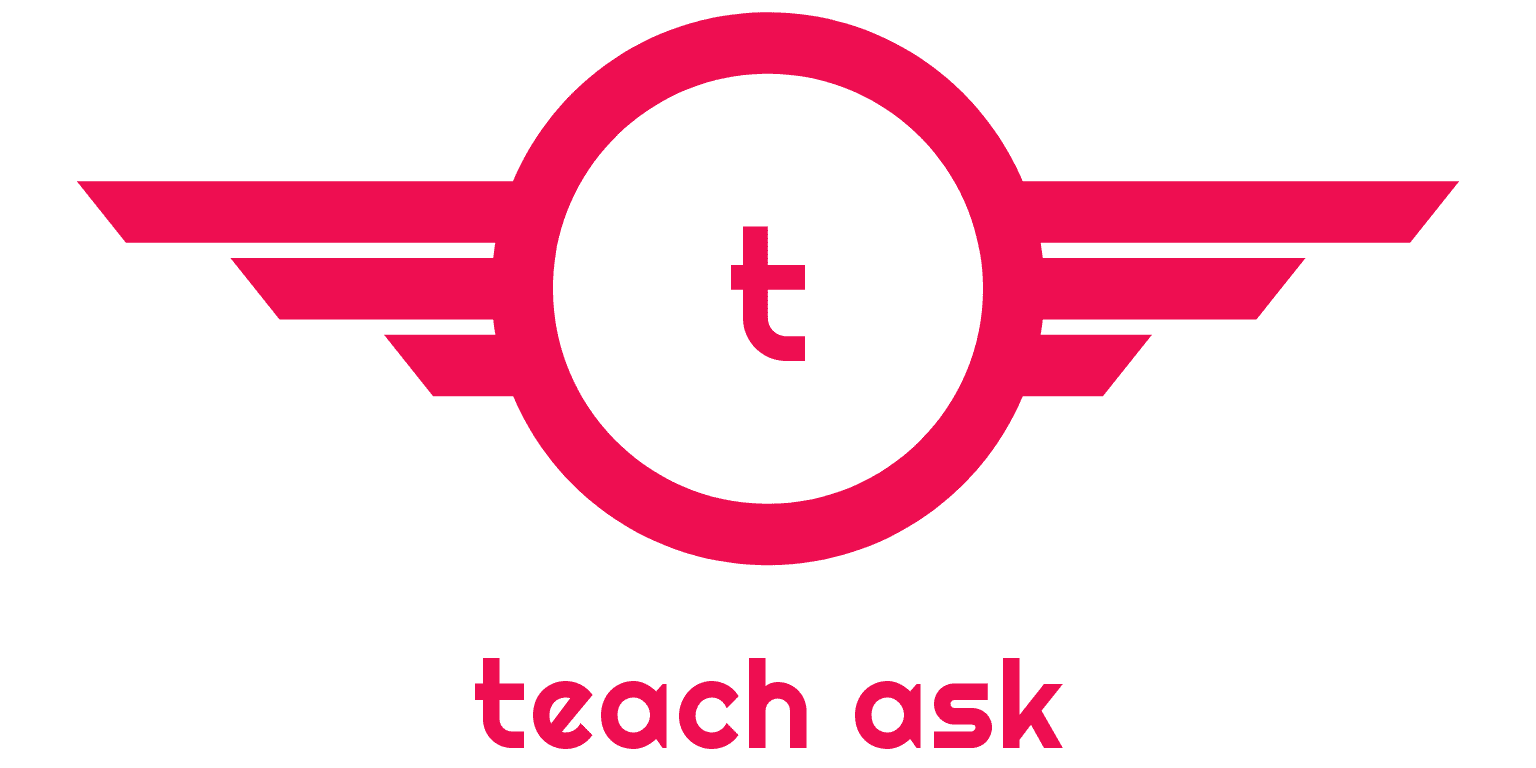Why Facebook, Twitter, Instagram could be banned in India from tomorrow?
If these social media platforms fail to accept govt guidelines, they risk losing status as social media platforms and protections as intermediaries. Government can also take action against them as per the law of the land for not following the rules
Social media giants like Facebook, Twitter, WhatsApp and Instagram may face ban in India if they fail to comply with the new intermediary guidelines for social media platforms. The three-month deadline given by the Ministry of Electronics & Information Technology (MEITy) to accept these guidelines ends today i.e. May 25 but none of the giants have so far accepted the new regulations. The rules will be effective from tomorrow despite these companies seeking a total six-month delay in their implementation.
Homegrown social media platform Koo, which is the Indian version of Twitter, is the only platform that has so far accepted the Centre's intermediary guidelines.
If any of these social media platforms fail to accept these guidelines, they risk losing status as social media platforms and protections as intermediaries. The government can also take action against them as per the law of the land for not following the rules, a government official said.
Meanwhile, Facebook has indicated that it'll comply with the IT rules. "We aim to comply with the provisions of the IT rules and continue to discuss a few of the issues which need more engagement with the government. According to the IT rules, we are working to implement operational processes and improve efficiencies. Facebook remains committed to people's ability to freely and safely express themselves on our platform," an official spokesperson of the company said in a statement.
The new rules were announced in February which requires large social media platforms like Twitter, Facebook, Instagram and WhatsApp to follow additional due diligence, including appointment of a chief compliance officer, nodal contact person and resident grievance officer.
Appointment of a grievance officer would be a key requirement from day-one of rules coming into effect, given the importance of public interface for complaints, and need for an acknowledgement system for requests, suggest officials.
On February 25, the government had announced tighter regulations for social media firms, requiring them to remove any content flagged by authorities within 36 hours and setting up a robust complaint redressal mechanism with an officer being based in the country.
The government had set 50 lakh registered users as the threshold for defining 'significant social media intermediary', meaning that large players like Twitter, Facebook and Google would have to comply with additional norms. Announcing the guidelines in February, it had said the new rules take effect immediately, while significant social media providers (based on number of users) will get three months before they need to start complying.
Significant social media companies will also have to publish a monthly compliance report disclosing details of complaints received and action taken, as also details of contents removed proactively. They will also be required to have a physical contact address in India published on its website or mobile app, or both.
As per data cited by the government, India has 53 crore WhatsApp users, 44.8 crore YouTube users, 41 crore Facebook subscribers, 21 crore Instagram clients, while 1.75 crore account holders are on microblogging platform Twitter. Koo has close to 60 lakh users, making it a major social media intermediary under the new guidelines














![How to Use of Has/Have [Basic points Rules Structures Examples]](https://blogger.googleusercontent.com/img/b/R29vZ2xl/AVvXsEhFSWAQkVMciY5IncRVU8ma_BY7G9IKy1LtzgBouDX_zHPxZ3D85UUXcizg9w-0Xhe13T2TbkJAPP1j4JMfeF-vTn1EHo_HvQp2UmlyUkGduqNjvCWIQwOTl0u4AN5SHMBol-18xO-7mYA/w72-h72-p-k-no-nu/Slide8.PNG)





![Use of Has to, Have to, Had to, Will have to [Infinitive with verb to have]](https://blogger.googleusercontent.com/img/b/R29vZ2xl/AVvXsEgxQFwuGO8dN4tuCiuglr-iB-pNWdSpK5Shj4nNvzz8P-40ZoO9rJ_G5BtcliWCzgsGPBqFGqLN8MdaLhqN61sHh8xBN_ZZipAW_G4hTOEE7GQRrzCqryx1aTDwFcM4NXqSzbemUTHalgo/w72-h72-p-k-no-nu/Slide8.PNG)





0 Comments